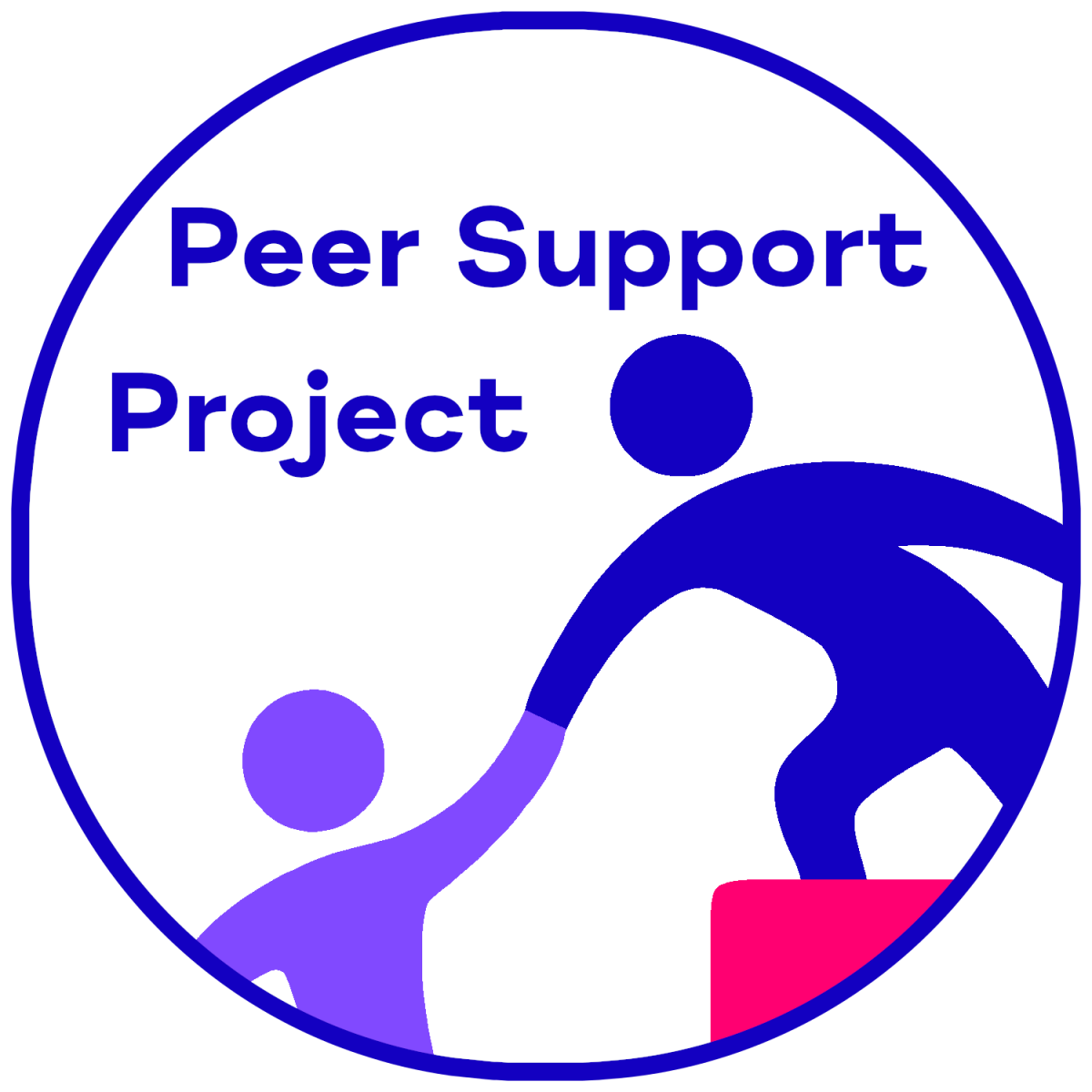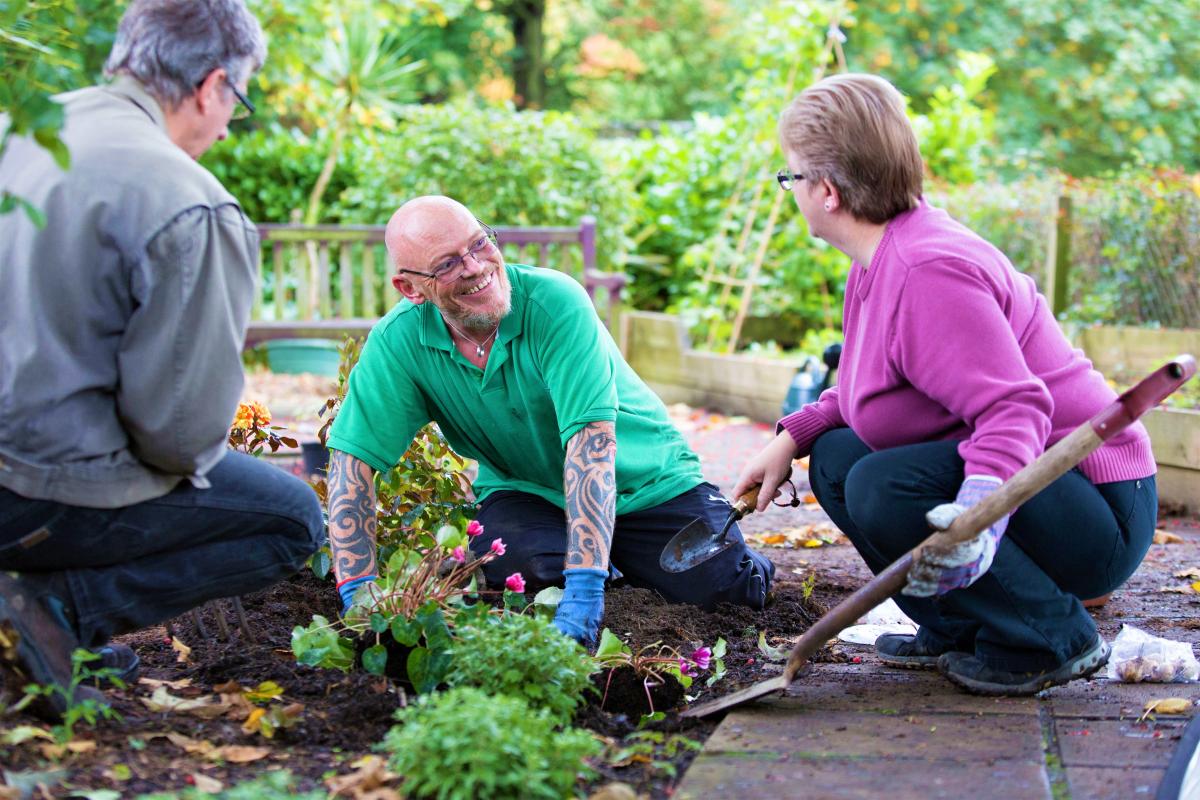
Click here to view our Volunteer Application Form.
Tameside based Peer Support Project
We support adults in Tameside who are struggling with their mental health. Our goal is to use coaching and mentoring to support them feel better and less alone. Support is offered by trained volunteers who have first-hand experience of mental health challenges.
We offer one-to-one support for up to 12 weeks in different ways like phone calls, doorstep visits, meetings in our office or in the community like shops, pharmacy or events. We can also connect you with other local services and activities.
Our support is all about you - we want to support you make your own decisions.
For over 3 years, the peer support project has helped more than 300 people as a step in their recovery journey from anxiety, depression and isolation.
If you want to make a change in your life and you think this type of support is what you're looking for, contact us: 0161 330 9223 / peersupport [at] togmind.org.
If you want to volunteer, click here.

Clients Testimonials



Volunteer Testimonials
Click here to view our Volunteer Application Form.








 After completing one-to-one peer support, we hope you feel empowered to make your own choices and that your wellbeing has improved.
After completing one-to-one peer support, we hope you feel empowered to make your own choices and that your wellbeing has improved.